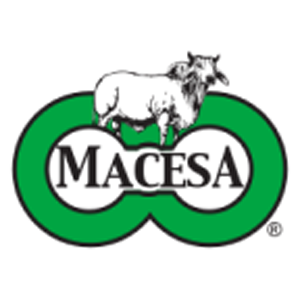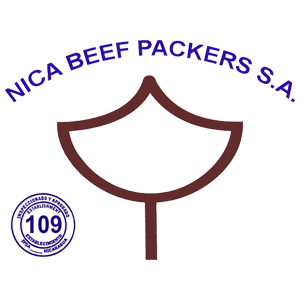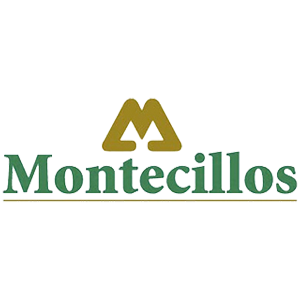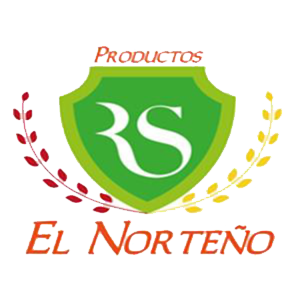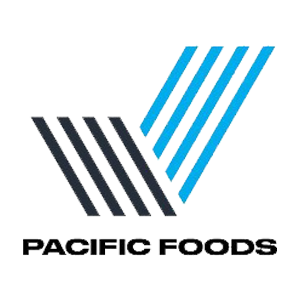Honey
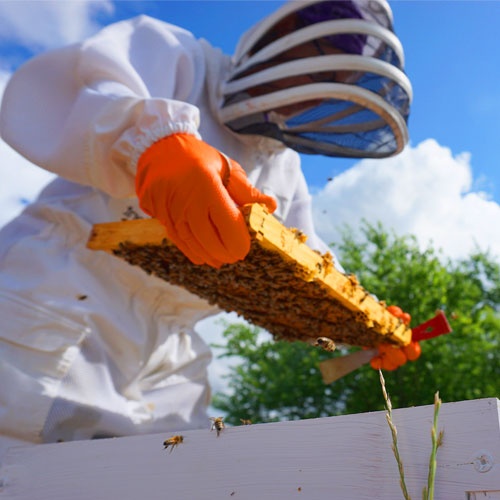
Honey Production
- Private label manufacturing.
- Organic certification.
- FDA registration.
- Available in Bulk, food service, and retail presentations.
In Nicaragua, the production and consumption of honey date back to pre-Columbian indigenous cultures inhabiting the region. Indigenous communities collected honey from native bees for consumption, utilizing it for both sustenance and medicinal purposes.
Over the years, honey production in Nicaragua has evolved, becoming a significant product for local marketing and exportation. Beyond its economic and gastronomic importance, honey is also utilized in the production of cosmetics and personal care products.
The honey harvested in Nicaragua is MULTIFLORAL, as it is derived from the surrounding vegetation, including wildflowers, flowering fruit trees, and creeping plants. This gives it a unique flavor and exquisite aroma. The most common bee species for honey production in Nicaragua is the Africanized bee.
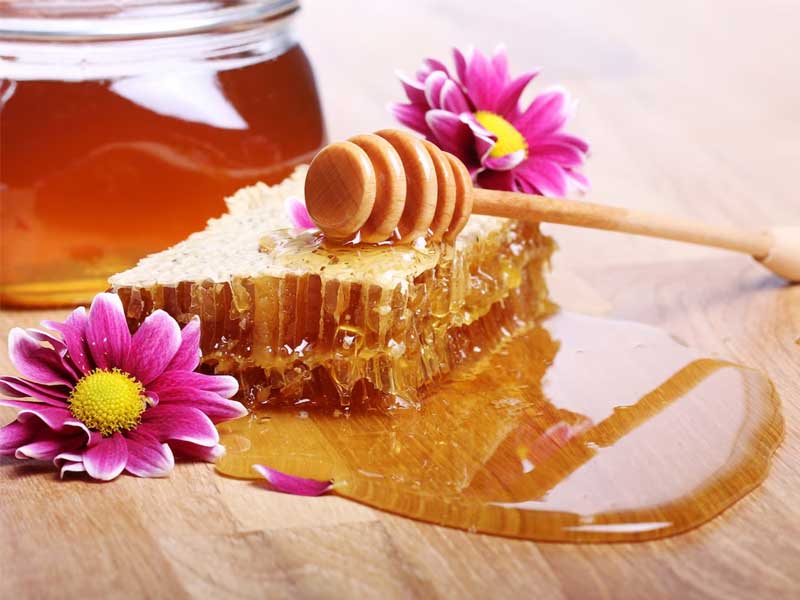
Commitment to Honey Quality
We are dedicated to the continuous improvement of our HACCP and GMP programs, enabling us to make necessary adjustments and fulfill our quality commitments. Every detail of our processes is carefully monitored to deliver a product with organic certification.
Honey Sourcing Locations
Our company operates an apiculture program with over 10,000 beehives located in the Pacific and Central zones of Nicaragua.
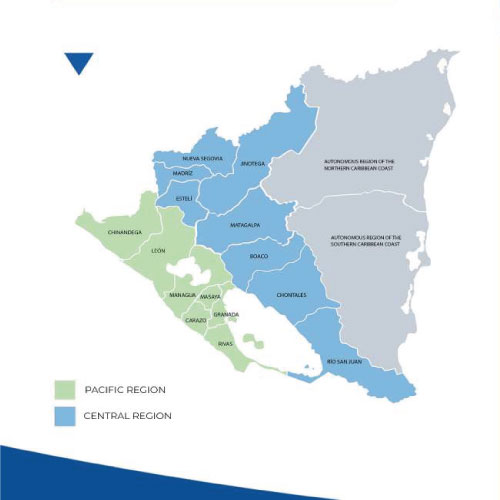
Production Capacity
Our annual honey production is 500,000 kilograms, equivalent to 500 metric tons (25 containers). Harvesting occurs between March and May, with the product ready for export from June onwards. All produced honey undergoes analysis by a European laboratory to ensure quality and certification.
Process
Our beehives are situated in organic-principled wooded areas. In our processing plant, honey is separated and centrifuged to extract it, then stored in stainless steel tanks for homogenization. Filtration is employed to remove particles and solid residues present in the honey.
Pasteurization is utilized to prevent fermentation and extend the honey’s shelf life. Our plant is climate-controlled to prevent the absorption of moisture from the environment.

